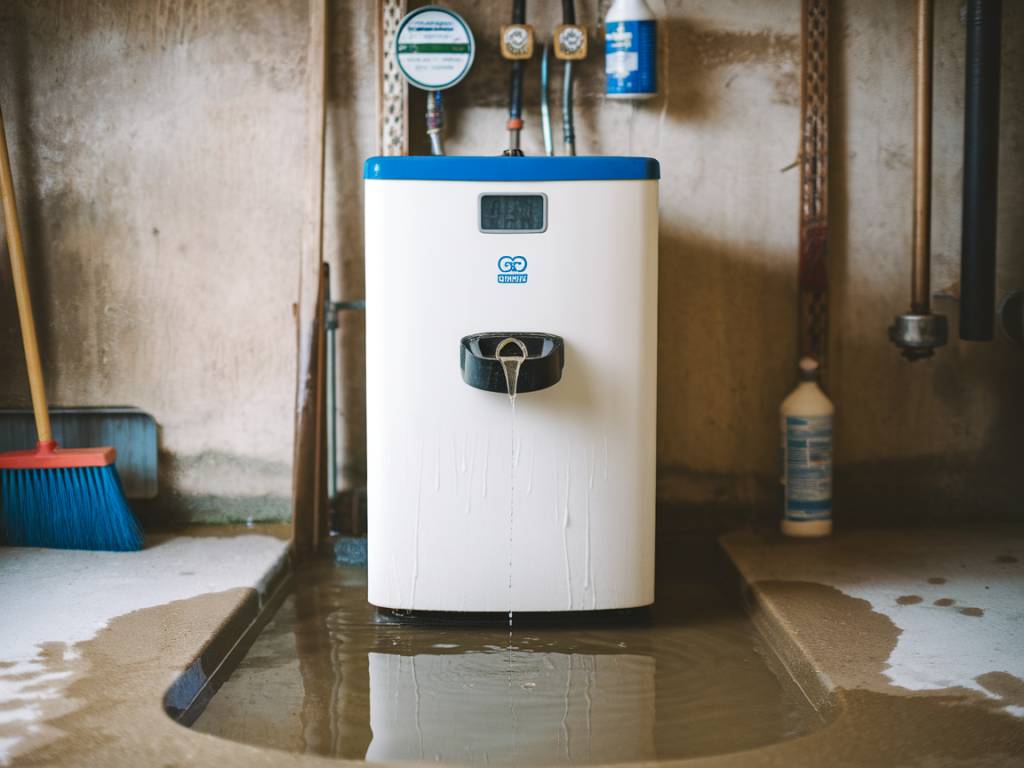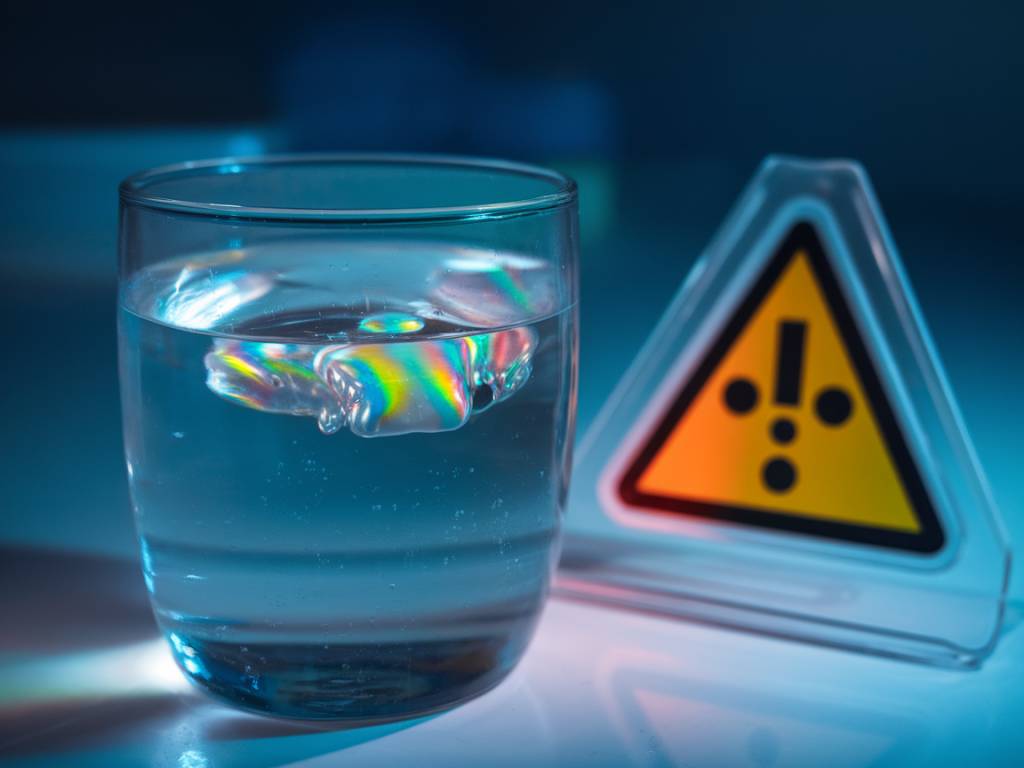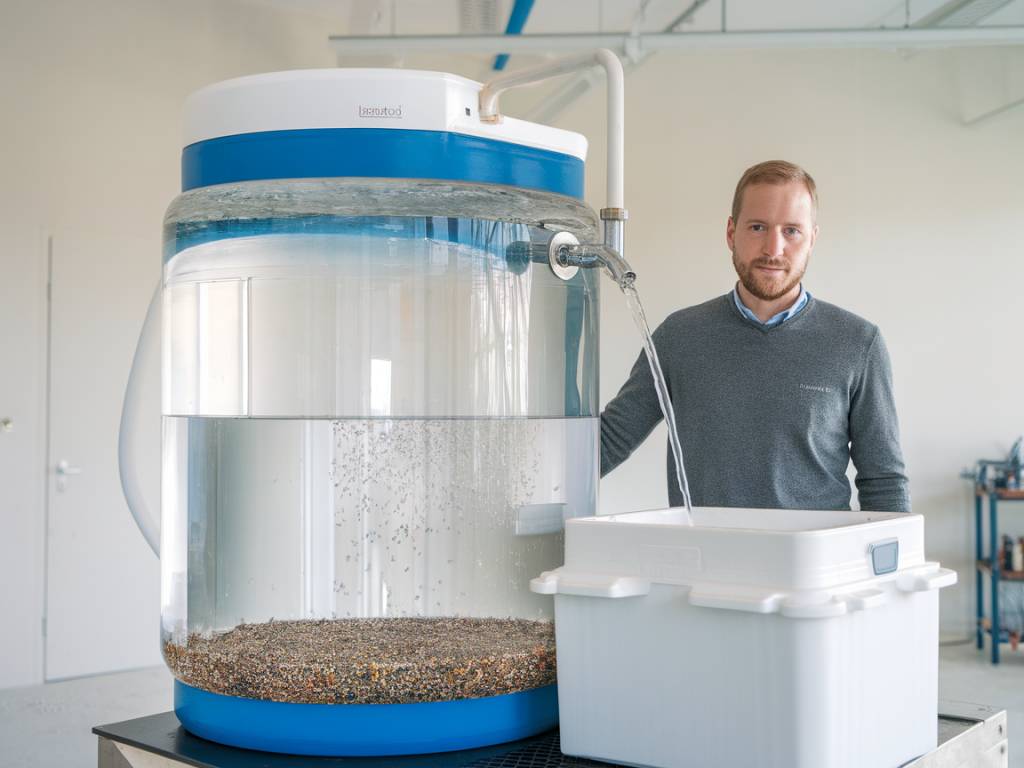Understanding Water Softeners: What They Do and Why You Might Need One
Have you ever noticed white stains on your glassware, stiff laundry, or a filmy residue on your skin after showering? If so, you might be dealing with hard water. Fortunately, there’s a solution that can make your water gentler on your home and your body—a water softener.
What Is Hard Water?
Before diving into water softeners, it’s important to understand hard water. Simply put, hard water contains high levels of minerals like calcium and magnesium. These minerals are harmless to human health but can wreak havoc on your plumbing, appliances, and everyday household activities.
Signs that you have hard water include:
- Soap that doesn’t lather well
- Mineral buildup on faucets and showerheads
- Stiff, scratchy clothes after washing
- High energy bills due to inefficient water heating
- Dry skin and dull hair
If any of these sound familiar, a water softener might be the perfect solution.
How Do Water Softeners Work?
A water softener is a device that removes excess calcium and magnesium ions from your water, replacing them with sodium or potassium ions. This process, known as ion exchange, is what makes your water « soft. »
Here’s how it works:
- Water flows into the softener tank filled with resin beads.
- These beads are coated with sodium or potassium ions.
- When hard water passes through, the calcium and magnesium ions swap places with the sodium or potassium ions.
- The softened water then flows out, free from those pesky minerals.
Over time, the resin beads become saturated with calcium and magnesium ions and need to be « recharged, » which is done with a brine solution (a mix of salt and water) that washes the minerals away.
Why Should You Consider a Water Softener?
Now that you know how they work, let’s talk about why you might need one. Softening your water comes with some major benefits, including:
Longer-Lasting Appliances
Mineral deposits from hard water can build up in pipes, water heaters, and household appliances like dishwashers. Over time, this buildup reduces efficiency and can lead to costly repairs or replacements.
Softer Skin and Hair
Hard water makes it tougher for soaps and shampoos to rinse away properly, leading to dryness and irritation. With soft water, your skin feels smoother, and your hair stays softer and shinier.
Cleaner Dishes and Clothes
If you’re tired of water spots on your glassware or dingy-looking laundry, a water softener can help. Soft water allows detergents to work more effectively, leaving clothes and dishes fresher and brighter.
Lower Energy Costs
When hard water accumulates in a water heater, it forces the unit to work harder—which means higher energy bills. By preventing mineral buildup, water softeners help your water heater operate efficiently, saving you money in the long run.
Common Myths About Water Softeners
There are some misconceptions about water softeners that might make you hesitant to get one. Let’s debunk a few:
« Soft Water Is Salty »
Many people assume that because sodium is used in ion exchange, soft water tastes salty. In reality, the added sodium levels are minimal—much lower than what you’d find in most processed foods.
« Water Softeners Waste a Lot of Water »
While softeners do use water for the regeneration process, modern systems are designed to be more efficient than ever. Some models even adjust based on usage to minimize waste.
« I Don’t Need One If I Have a Water Filter »
Water filters and water softeners serve different purposes. A water filter removes contaminants, while a softener deals with minerals. If you want purified and softened water, you might need both systems.
Choosing the Right Water Softener for Your Home
Not all water softeners are the same, so finding the right one depends on factors like water hardness levels, household size, and maintenance preferences. Here’s what to consider:
- Capacity: Make sure to choose a system that fits your household’s water usage.
- Salt-Based vs. Salt-Free: Salt-based softeners remove hardness minerals completely, while salt-free conditioners prevent buildup without actual softening.
- Efficiency: Look for high-efficiency models that use less water and salt for regeneration.
If you’re unsure, you can test your water’s hardness level with a simple testing kit or consult a local water treatment specialist for advice.
Final Thoughts
Hard water might not seem like a big deal at first, but over time, it can lead to frustrating household problems. A water softener is an easy and effective way to protect your appliances, improve your skin and hair, and make daily chores easier. If you’ve been struggling with hard water issues, investing in a softening system could be the solution you’ve been looking for.


